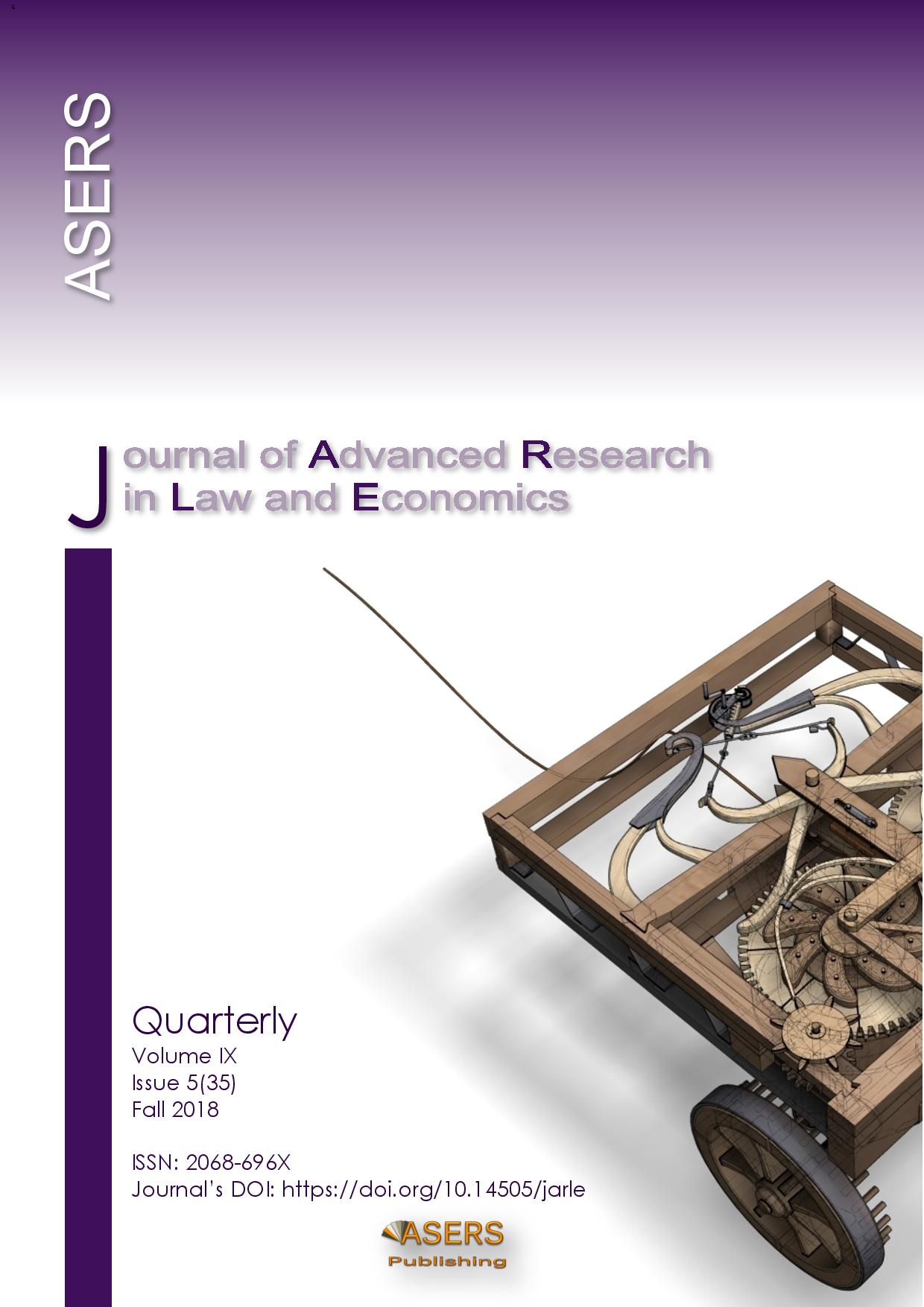Features of Humanization of the Criminal Policy of Kazakhstan: Study of the Possibilities to Increase the Effectiveness of Punishments in the Context of International Experience
Features of Humanization of the Criminal Policy of Kazakhstan: Study of the Possibilities to Increase the Effectiveness of Punishments in the Context of International Experience
Author(s): Nurlan Bizhan, Tugel Bekimbetov, Alisher PERSHEYEV, Gulshat RAHMETOVA, Gulmira DairabayevaSubject(s): Law, Constitution, Jurisprudence, Criminal Law
Published by: ASERS Publishing
Keywords: criminal law; humanization; publicity of criminal punishment; participation of public organizations;
Summary/Abstract: Humanization of the criminal policy of the Republic of Kazakhstan, started by the President of the country in the Message dated January 29, 2010, attracts the attention of many researchers, both in Kazakhstan and in the world. However, the issue of what impact this humanization has on the recorded criminality in the country is answered by researchers ambiguously. A part of society also believes that humanization allows avoiding fair punishment for many criminals. The aim of the work is to summarize the results of the humanization of the criminal policy, to develop certain recommendations on the improvement of the criminal legislation of Kazakhstan taking into account world trends and the provisions in the international criminal law. The influence of international legislation on the formation of national criminal law is analyzed. Under the influence of global trends, there has been significant humanization of the criminal legislation of the Republic of Kazakhstan. A significant reduction in the number of persons serving a criminal sentence of imprisonment is mentioned by the author as one of the main achievements of the process of humanization. The author sees the further development of the process of humanization in a new approach to the execution of punishment in the form of community service. The international experience of implementing the principle of publicity for a number of criminal penalties, its conformity with the historical traditions of the Kazakh society are recognized as positive; this experience is recommended to be used and fixed in the Criminal Code of the Republic of Kazakhstan. The author believes in the need to widely involve public organizations, including religious ones, in their influence on people convicted for public works.
Journal: Journal of Advanced Research in Law and Economics (JARLE)
- Issue Year: IX/2018
- Issue No: 35
- Page Range: 1604-1610
- Page Count: 7
- Language: English
- Content File-PDF

